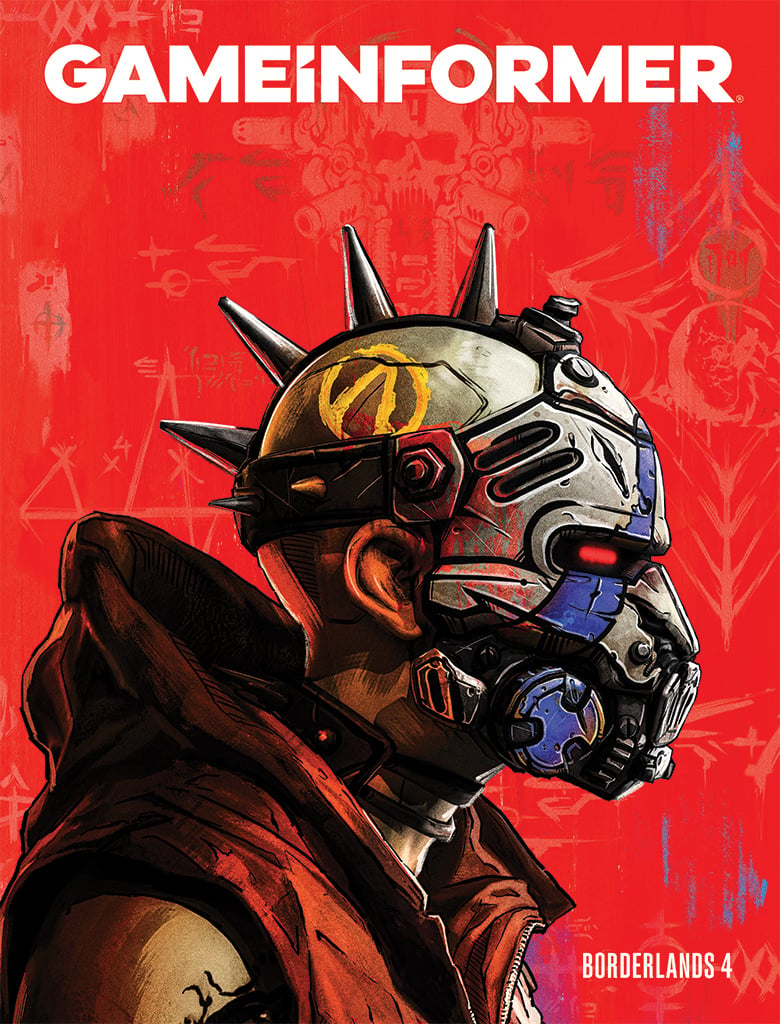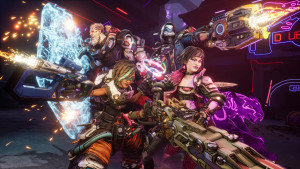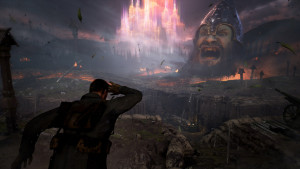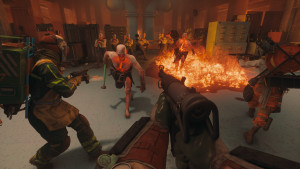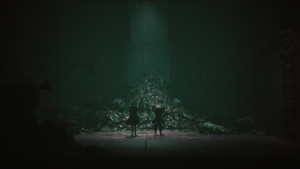Last chance for early bird pricing! Subscribe by June 25th to receive the debut issue
Science-Fiction Weekly – A Second Opinion On Prey

After spending two hours with Arkane Studios' Prey, I thought it was soulless and punishing, a game with a blank slate of a protagonist who always seemed to have his or her back against the wall. Prey's introductory moments focus intently on defining Morgan Yu, letting the player determine how this character handles situations, yet no voice is provided. We learn Yu is a lab rat of sorts, entering white room after white room to handle a series of bizarre requests. The testing goes off of the rails, yet Yu doesn't react in any way. I found the lack of character input to be jarring and almost comical. This is one of those instances where the silent protagonist approach hurts the narrative. I ended up feeling like a ghostly figure walking through a chaotic moment. The events at hand are fascinating and succeed in turning Prey's science-fiction world into a terrifying place, but I didn't feel connected to it.
Yu's reality was an elaborate construct used for research aboard the Talos-1 orbital space station. The walls come tumbling down and Yu begins exploring the space station, only to find almost everyone is dead, many of them appearing to have their insides siphoned from their bodies. The mystery of what happened doesn't hang in the air for long, as spider-like alien creatures called mimics emerge from the woodwork. Yu must fight for survival, and what a fight it is. Prey wants you to feel weak and vulnerable in the opening act, even if it means death comes quickly. As much as I wanted to explore the inner workings of Talos-1, I didn't like moving from room to room, given just how taxing the little battles could be. Some mimics fall quickly to the brunt force of a wrench, others are fleet of foot or more resilient to it. Seeing the mimics evade your assault and transform into ordinary objects to camouflage themselves is fascinating from an observational perspective. The inconsistency in the combat outcome frustrated me, however. Unpredictable gameplay should be a great thing, but the likelihood of failure – either dying or walking away with a sliver of health – made it feel somewhat unfair. The difficulty only escalated when more powerful beings called phantoms were introduced into the mix. The additional firepower I was gifted (a pistol) wasn't enough to keep up with the growing difficulty of the game.
That was my takeaway from my first two hours. It was challenging, but not in a way where I truly knew what the problem was. Given how random enemy movements are, it's difficult to understand what may have gone wrong in any combat encounter. Ambiguous death is never fun. In games like Dark Souls I don't mind dying repeatedly when I know how it happens. Here, I often felt I was doing fine and then "zap!" I'm dead. Was it phantom? A mimic? Something new? It wasn't telegraphed clearly.
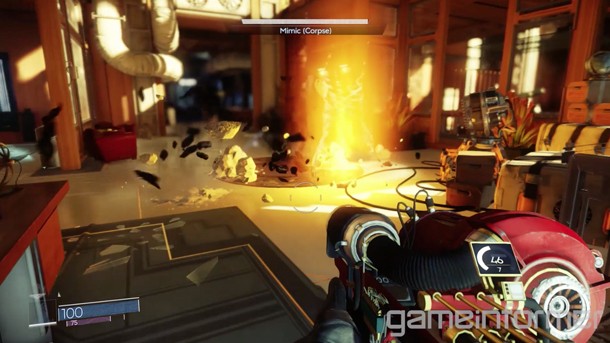
That frustration is worth trudging through, as Prey's difficulty levels out and eventually is weighted in the favor of Yu. The introduction of Typhon powers, which is oddly late in the game given how cool they are, flips the scale. At this point in the game, Neuromod points are in great abundance (and can even be forged), allowing for abilities and weapons to be enhanced. At the four- to five-hour mark the game starts to empower you and reward you for your exploration.
Was I exploring the world thoroughly? Yes. I looked everywhere for secrets, and even found a number of cleverly hidden areas that contained what I would call a king's bounty of supplies for this game. Was I approaching combat in different ways to find better results? Absolutely, although there's only so much you can do when you invest your points in something and can't try the other options that early on.

Prey starts out rough, but does right itself after a few hours. I'm now fully invested in Yu's quest. I still don't feel like I know who she is in my game, but she is becoming more of an interesting character through the powers I unlock. More interest lies with the other people on the space station, both those lucky enough to still be alive, and those long deceased. I ran into moments where I had the choice to help someone or turn my back on them. One such encounter reminded me of the movie The Thing. I didn't know if the person could be trusted. I had to think a few seconds before determining if they should live or die. Most of these moments are tied to side quests, but I do like where the critical path is taking me, both in Talos-1 and into the realm of the weird. The game goes places I didn't think it would, and that's a great thing.
Should you play Prey? I can't recommend it enough, but I will add the caveat of carving out a good five-hour block for the first play session to push past the early struggles. I wish I would have done that. If you do go into it, get to know the crew. Every character is named, and from what I've seen thus far, has a backstory to unravel. Take on the side quests, and track down the locations of the crew whenever you can. That content is excellent, and is a nice surprise that gives Prey a unique touch.
As always, I welcome your thoughts on Prey in the comments section below. For those of you who are deep into the quest, walk me through your path through this odd, but engaging sci-fi experience.
